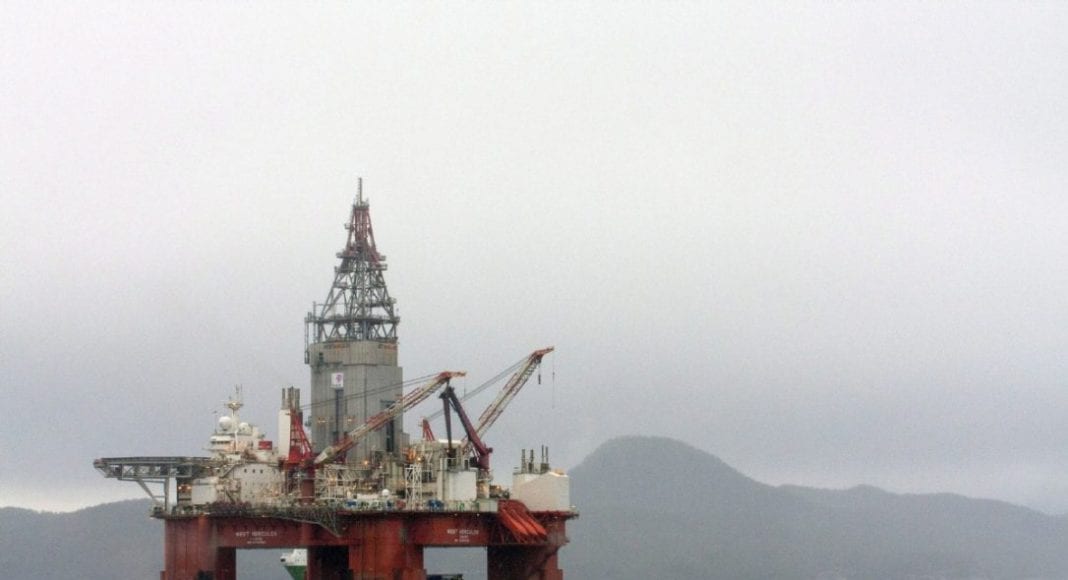Industry analyst Wood Mackenzie says a significant recovery in upstream Final Investment Decisions (FID) was evident in 2017 with the number of project sanctions more than doubling from 2016. The unit says it expects a similar story in 2018 with around 30 major projects to reach FID.
With the primary focus of reducing project footprints through fewer wells, smaller facilities, and the greater use of subsea tie-backs and existing infrastructure, projects have achieved lower costs, lower breakevens, higher prices and improved corporate finances. “But how much longer will we exist in this new, frugal world?” Wood Mack questioned.
Projects that did get the greenlight are notably smaller. The average capital expenditure to develop ‘major’ projects (commercial reserves over 50 mmboe) sanctioned in 2017 fell to only US$2.7 billion, the lowest in a decade. To put this into context, the average project capex for those sanctioned over the last decade was double that at US$5.5 billion, the analyst said.
“We are seeing significantly smaller projects, alongside a greater appetite for brownfield and expansion projects, and more subsea tie-backs. Brownfield developments are popular in the current capital-constrained environment, with less spend and execution risk than a greenfield project, and a faster route to first production. Both investors and operators want to see faster cycle times and quicker returns on upstream projects,” Wood Mack stated in a report on April 5.
Jessica Brewer, Principal Analyst, says the entity forecasts a 15% decline in average breakeven cost to US$44/boe with the most competitive projects in shallow-water Norway, UK and Mexico. Gas projects will take centre-stage, aided by big expansion projects in Norway, Iran and Oman.
30 projects are expected to reach FID in 2018 – six of which have already been sanctioned in the first quarter of the year – in the UK, Norway, Israel, the Netherlands, Malaysia and China. Notably the Lingshui development, operated by state-owned CNOOC Ltd, is China’s first wholly-owned and operated deepwater gas project, Wood Mack said.



